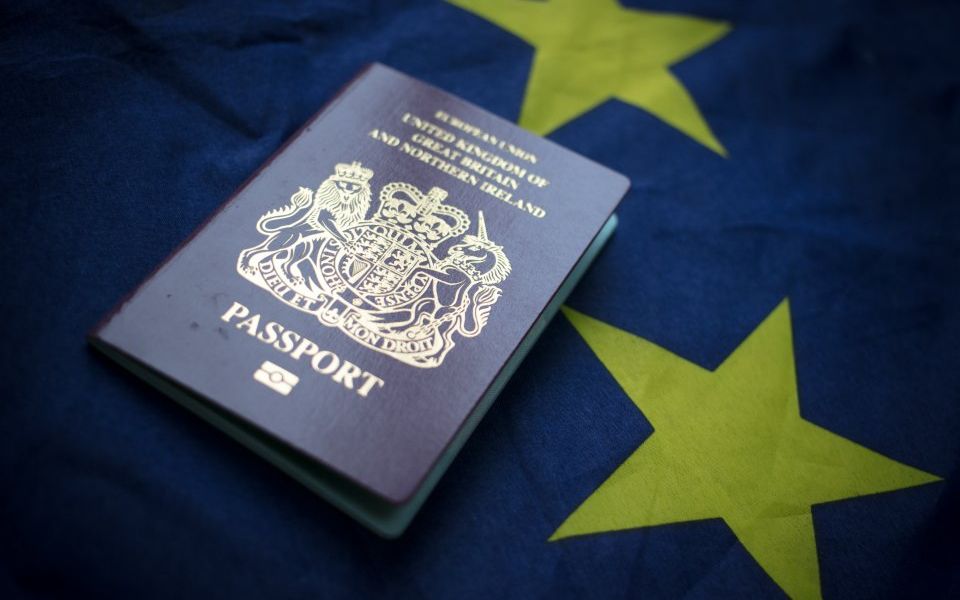Brexit papers: Government positions on cross-border trading, Irish citizens, driving licences, mobile roaming charges and blue passports revealed

UK driving licences may not be valid in the European Union in the event of a no deal, the government warned today, as part of its latest batch of Brexit papers.
While EU driving licence holders will not be affected when they travel through the UK, Brits may have to obtain one of two different types of international driving permit, in order to drive in the EU on business or on holiday. They will cost £5.50 and will become available from Post Offices from 1 February if no exit deal is struck.
The papers, released this afternoon, also warned that travellers with less than six months on their passports may be denied entry to countries in the EU. The government said UK citizens who planned to travel to the Schengen area after 29 March should ensure their passports had more than six months remaining.
The UK government will start issuing blue passports from late 2019, meaning Brits will automatically issued with either a blue or burgundy British passport, the government also revealed.
Meanwhile the government said it could not guarantee the current exemption of mobile roaming charges in the event of a no deal, although it noted that operators including Vodafone and Three had already agreed not to row back on the recent changes.
The government will legislate to ensure that there would be a cap of £45 a month on international mobile data use if operators do not absorb the cost, it added.
Other changes include…
Data protection
In the event of no deal, there would be "no immediate change" to the UK’s data protection standards, with the Data Protection Act and GDPR still applying.
However, the legal framework around transfers of personal data from EU to UK businesses will change and businesses have been told to "take action to ensure EU organisations were able to continue to send you personal data".
The papers say: "In recognition of the unprecedented degree of alignment between the UK and EU’s data protection regimes, the UK would at the point of exit continue to allow the free flow of personal data from the UK to the EU. The UK would keep this under review."
Smokers will see a new range of graphic pictures appearing on their cigarette packets to warn them of the dangers to their health, as the copyright for the existing picture library is owned by the European commission.
Cross-border trading
HMRC has written to 145,000 VAT-registered British firms which only trade with the EU warning of "immediate changes" to cross-border trade in the event of a no deal. That includes applying customs, excise and VAT procedures to goods traded with the EU, in the same way that already applies for goods traded outside of the EU. Trading partners in the EU will face the same situation in reverse.
Civil legal cases
In a no deal scenario there would be "no agreed EU framework for ongoing civil judicial cooperation". Even if the UK applied rules after Brexit, they would not be considered valid by the EU and UK citizens would not benefit.
As a result the UK plans to repeal most rules and deploy domestic rules for the most part.
"Any party to a cross-border legal dispute, including businesses, consumers and families, would need to consider the effect that these changes would have on any existing or future cases involving parties in EU countries," the papers say. "Where appropriate you may wish to seek professional legal advice on the implications of these changes for your individual circumstances."
Irish citizens
Irish citizens will still have the right to enter and remain in the UK, as now, in the event of no deal, the government has confirmed.
There would also be no routine immigration controls on journeys between Ireland and the UK.
EU space programmes
If there is no deal, the UK would no longer be a part of Galileo, Copernicus or the EU Space Surveillance and Tracking programme.